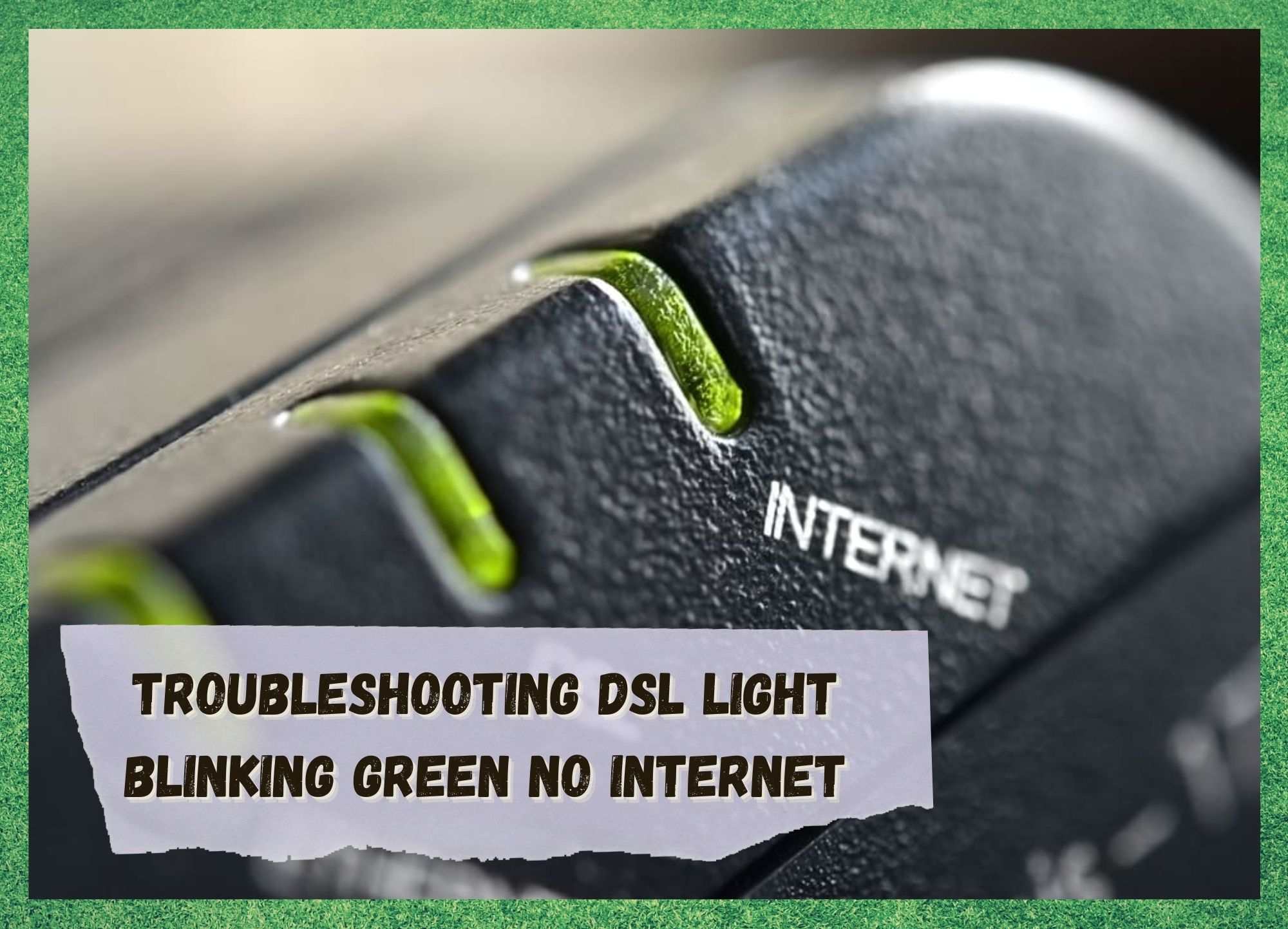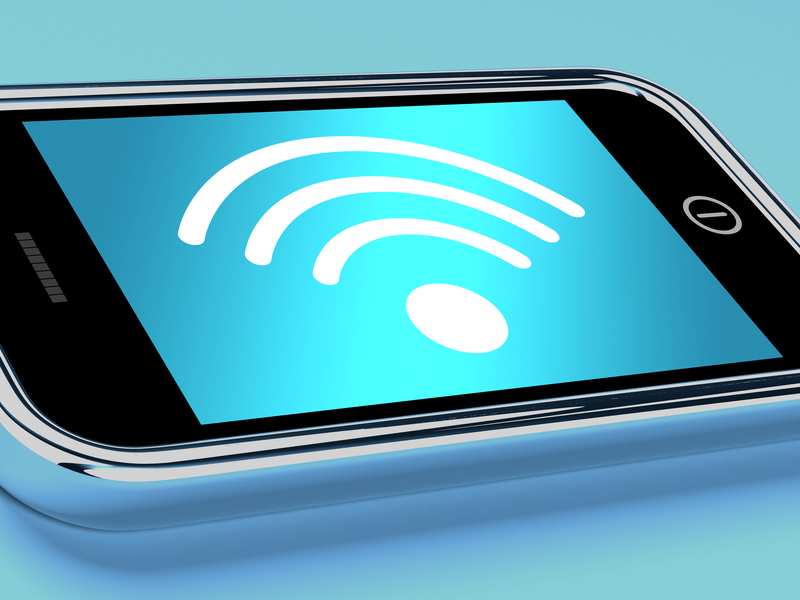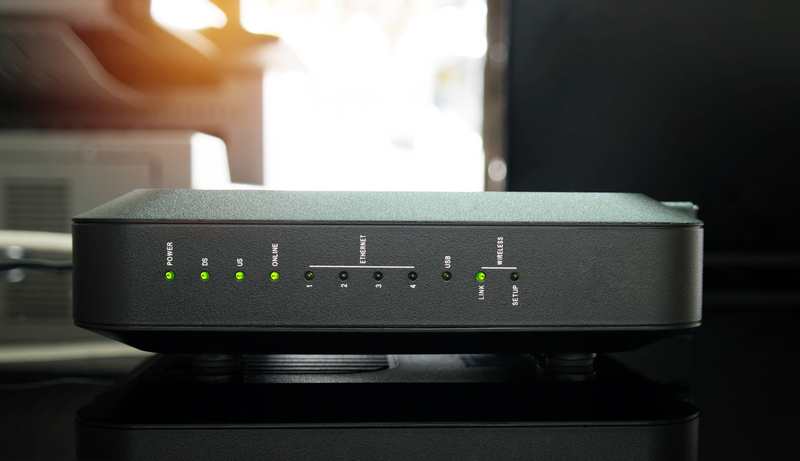
If you work either in an office building or in a home office; if you are an elementary student or undergoing a PhD, the internet is a central part of life nowadays. As more and more content is uploaded every day, this is the universe we turn to for help and information.
Meeting apps like Zoom have literally saved lives during pandemic years and are still a great venue for pretty much any kind of meeting, from a business negotiation to a therapy session.
On the other hand, that also shows us how dependant we became of a network connection, because with the lack of it, other means seem to pale in comparison and fail to satisfy our needs.
Therefore, we invest our money into having strong and reliable connections wherever we work or live, since we just cannot find ourselves nowadays dealing with day-to-day situations without a connection to the internet.
Getting to the office and not being able to read your emails seems just as terrible as arriving home and not being able to enjoy a streaming session, and both require a decent internet connection.
Gladly, the means to have a stable and fast connection either at the office or at home have become much cheaper as it gets more common. Network providers understand it is more profitable to deliver better prices for a larger range of people than raising prices and reducing the list of customers.
But how much can we trust our network equipment? Is there any failproof internet setting?
Unfortunately, for most people the answer is no, which, on the other hand, does not mean internet connections cannot be trusted to work when we need them. So, it’s just a matter of understanding the equipment and getting hands-on with it when the time comes to fix common issues ourselves.
Once you see that your router has different lights blinking, you’ll probably feel like something terrible is about to happen, and your instinct is to look for the number to call Customer Service and have someone check it for you. But those days are gone!
We are here to guide you through a simple list of fixes for the most common problems your router may have and also to help you easily solve these issues.
The best part is, you won’t need any expertise on how to install components or any of that tech-savvy stuff we see in movies and series when hackers are breaking into highly protected websites.
First of all, we have to understand what language our routers speak to us, and that is one of lights. They will switch on, off, or even blink depending on what they mean.
So, without further ado, let’s try and understand what they are trying to tell us before we start looking for solutions to problems that are not even there.
Which Light Means What?
All those lights on the display of your router mean something, and each one has a function that tells us whether they are working or not. They will generally attempt to show us how healthy our internet connection is, whether it is time for you to get a new router, and many other things.
The main lights on any router should be the following:
- Power – this one tells you if the router is connected to the electrical current and if that current is enough to keep it running.
- DSL/WAN – this one tells you if the internet packages your provider is sending to your router are actually arriving, and it’s also known as the uplink.
- Internet – this one tells you if your router is connected to a network and if the necessary exchange of data is happening. This is also the one that usually tells us when the problem is not with our equipment.
- Ethernet – this one tells you if any other devices are connected to the router, such as a computer, laptop, Smart TV, etc.=
Why Am I Not Connected If The DSL Light Is Blinking Green?
One of the easiest ways to verify if your internet connection is working is to check if the DSL light is blinking green. This will stand as the proof that your router is connected to the internet and the data packages are being sent and received as they should be.
Troubleshooting DSL Light Blinking Green No Internet
Should you feel like you don’t want to go through any sort of work to try to fix it, just give customer support a call and explain the issue and they will send a professional to get it repaired.
However, if you feel like you can give it a try and attempt to fix it on your own, you will find there are quite easy fixes for these simple issues, such as the ones below:
- The first thing you want to do is to reset your router and, although some of the most modern ones have buttons labelled ‘reset’, the best option is still the good old unplugging method. After removing the plug from the power source, wait a few moments and plug it back on. This should already fix some types of issues, since the reset will automatically clean the cache and re-establish the connection from scratch.
- Make sure the cables connected to the back of your router are actually where they should be, and also if they are properly plugged in. Sometimes something as simple as a poorly connected cable can interfere with the quality of the signal enough to hinder a network from sending data packages. Once you check all the connections, close and open your browser again to see if this fixed the issue.
- Routers are very reliable, but they do not have an unlimited number of connections, and an excessive number of devices connected to it may cause the internet to stop working. A simple fix for that is to disconnect all the devices at once before attempting to reconnect the device you want to use.
- Once your router gets too full of information from other devices or networks, it will need a breather, and it may happen that a simple restart by unplugging and plugging back again will not suffice. Check the instructions on your user’s guide on how to perform a factory restart, which will erase all the info stored on the device and it will look as a new one. Bear in mind that some information will be prompted when you first start the router after the factory reset, so be sure to write down the settings, the username and password somewhere you can access when you are restarting the equipment.
- Of course, there is always the chance the problem is not on your end, and it is just your provider who failed to let the customers know they are experiencing some sort of issue with their servers, equipment, network, or any other element of their service. A simple call to your provider’s customer service should be enough for you to understand if there is anything else you can do. Sometime, all you can actually do is wait for the provider to have the issue fixed before you can go back getting a stable internet connection. This will also help you rest assured that there is absolutely nothing wrong with your own router or with your computer or laptop.
Unfortunately, there is a range of causes for these simple issues and not all of the time can we easily understand what is going on and attempt to fix it ourselves. Sometimes, a disrupted power supply can cause your router settings to change, or the Internet Protocol (IP) may be reset for a faulty data package exchange.
These issues are not so easily visible, and also can take a long time to be identified and dealt with. Nevertheless, since most of the issues are simple and easily fixed, make sure you attempt all the fixes on this list before you contact customer support and that may save you a great deal of time and explanation.


